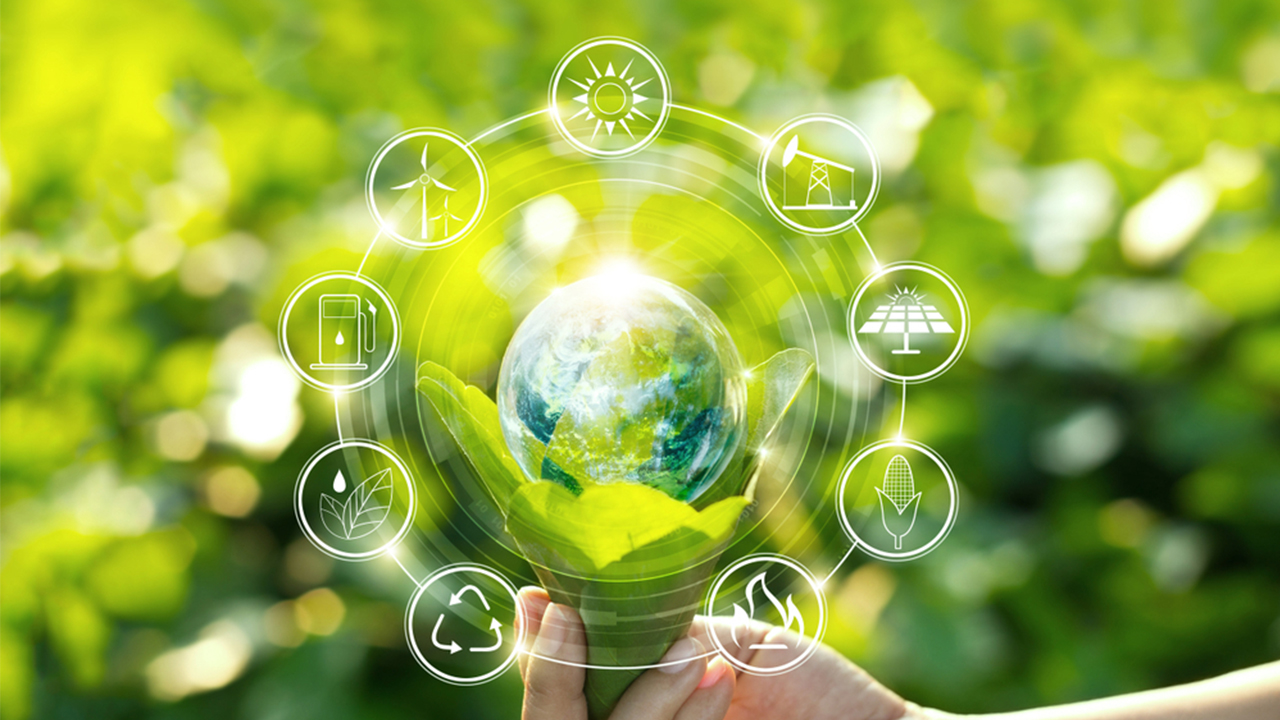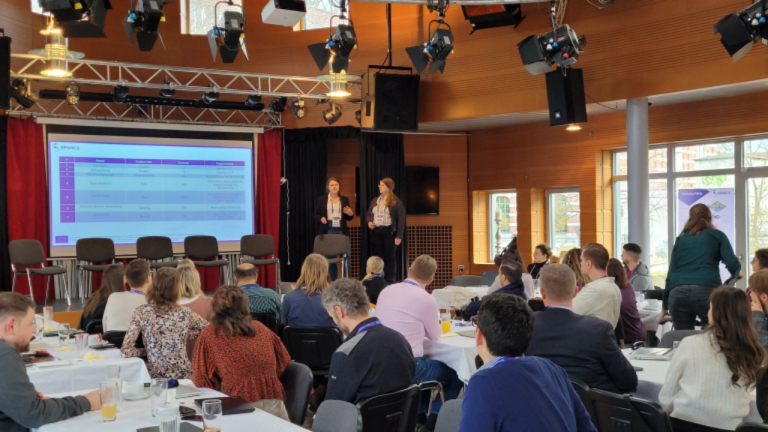
The Smart Prague project office has together with the data platform of the capital city of Prague performed an analysis focusing on data regarding the energy consumption in buildings that are owned by the capital city of Prague. The analysed data are a product of other projects that focus on energy and you can find them on the Smart Prague website.
The dashboards focus on potential savings influenced by the introduction of energy-saving measures on the building envelope (insulation and replacement of windows) and in the technical area (LED lighting, more efficient sources of heating, etc.). In the spring of 2019, the Prague City Council has authorised the climate commitment. It is a commitment to lower emissions of CO2 by 45 % by the year 2030 and by 100 % by the year 2050. And another parameter that follows this climate commitment is the potential for savings on CO2 and the fulfilment of the climate commitment via energy-saving measures on buildings.
In the interactive report, you can examine the information regarding energy attributes of buildings in the capital city of Prague or you can take a look at the consumption of selected municipal buildings with the installed remote measuring of energy consumption.
Function
Benefit
Project
Based on data acquired from projects of the Energy Ecosystem, Complex Energy Management and EPC a visual was created that contains information regarding buildings that are involved in individual projects and there is also a calculation of potential savings regarding energy and CO2 emissions.
Realisation
The third to the fourth quarter of the year 2019: pilot operation
From the first quarter of the year 2020: routine operation
Team
Operátor ICT, Plc. – the proposal and performance of the analysis
Prague City Hall
The dashboard above represents buildings in the ownership of the capital city of Prague that are involved in pilot projects focusing on energy savings. The buildings are divided according to their use, district and their energy performance according to energy labels.
The buildings are constructed from various materials with different thermal transmittance. Within energy savings, we improve the parameters of building envelopes by insulating them and by replacing the windows. This visual presents an overall summary of construction materials that are used for the construction of the buildings and the extent of their insulation.
Besides the building envelope, another important aspect for energy is the technological equipment of the buildings. These technologies are used for heating, water heating, cooling, ventilation, and lighting of buildings. This visual presents an overall summary of the technical equipment for the tracked buildings.
Each building uses electricity, gas, heat or various combinations of these commodities for heating. This visual presents an overview of the monthly consumption of individual energy commodities for the selected buildings with the remote measuring of energy and presents aggregated monthly consumption of electricity, water, gas, and heat. These values are the sum of individual measured hourly consumptions for the given month. A big benefit of this remote online metering is, for example, the chance to track the development of energy consumption in the building after the introduction of specific energy measures, e.g. insulation of the building, modernisation of the technical equipment, etc. and evaluation of the benefit and extent of financial savings and CO2 emission savings. The data are further used for energy management where it helps to evaluate the potential savings regarding the introduction of energy-saving measures.
The capital city of Prague has committed itself within the climate commitment to gradually decrease the energy performance of buildings and the associated production of CO2 emissions. This visual presents an overall summary of buildings that have undergone any kind of energy measures and also the potential savings in energy consumption and associated CO2 emissions.
Routine operation
Operátor ICT, a.s.
Connected news


